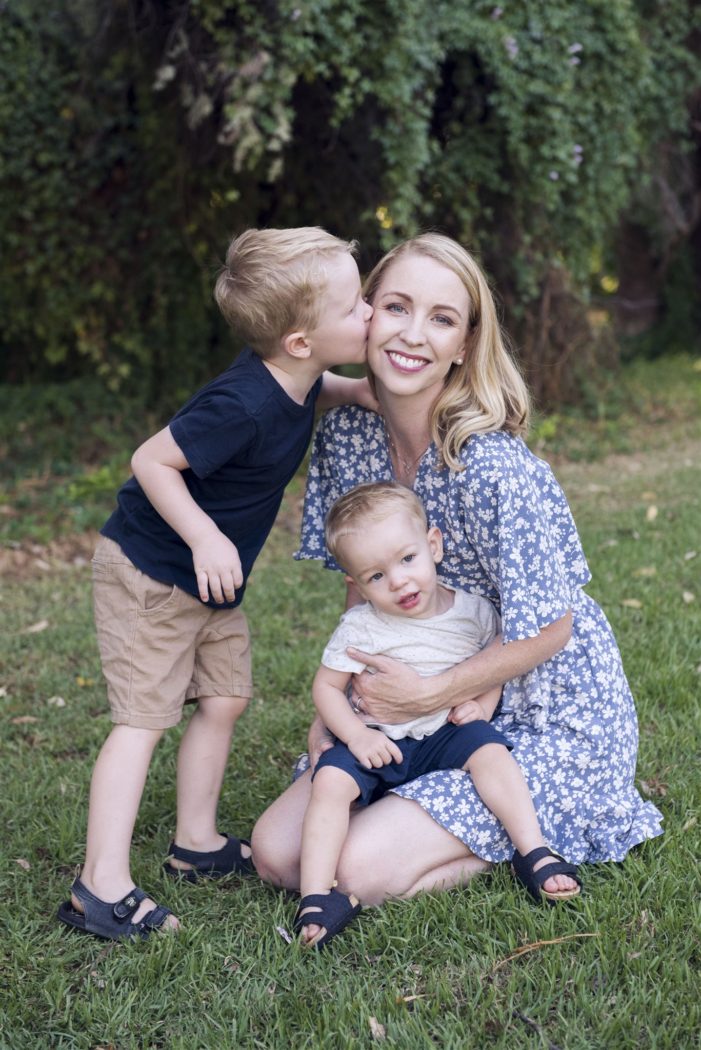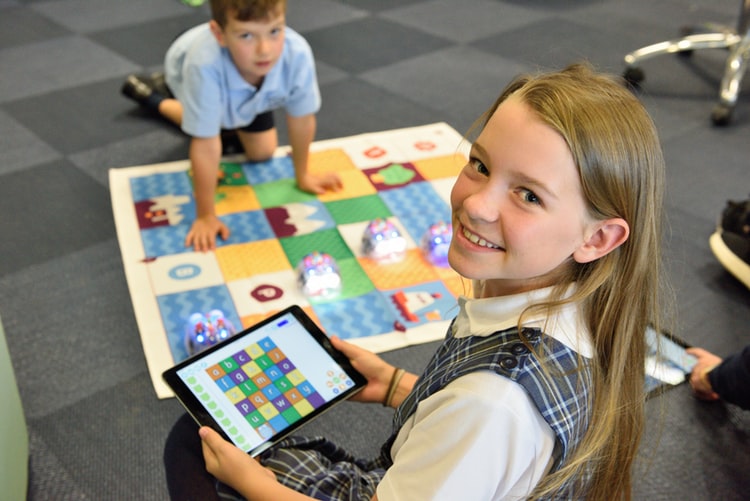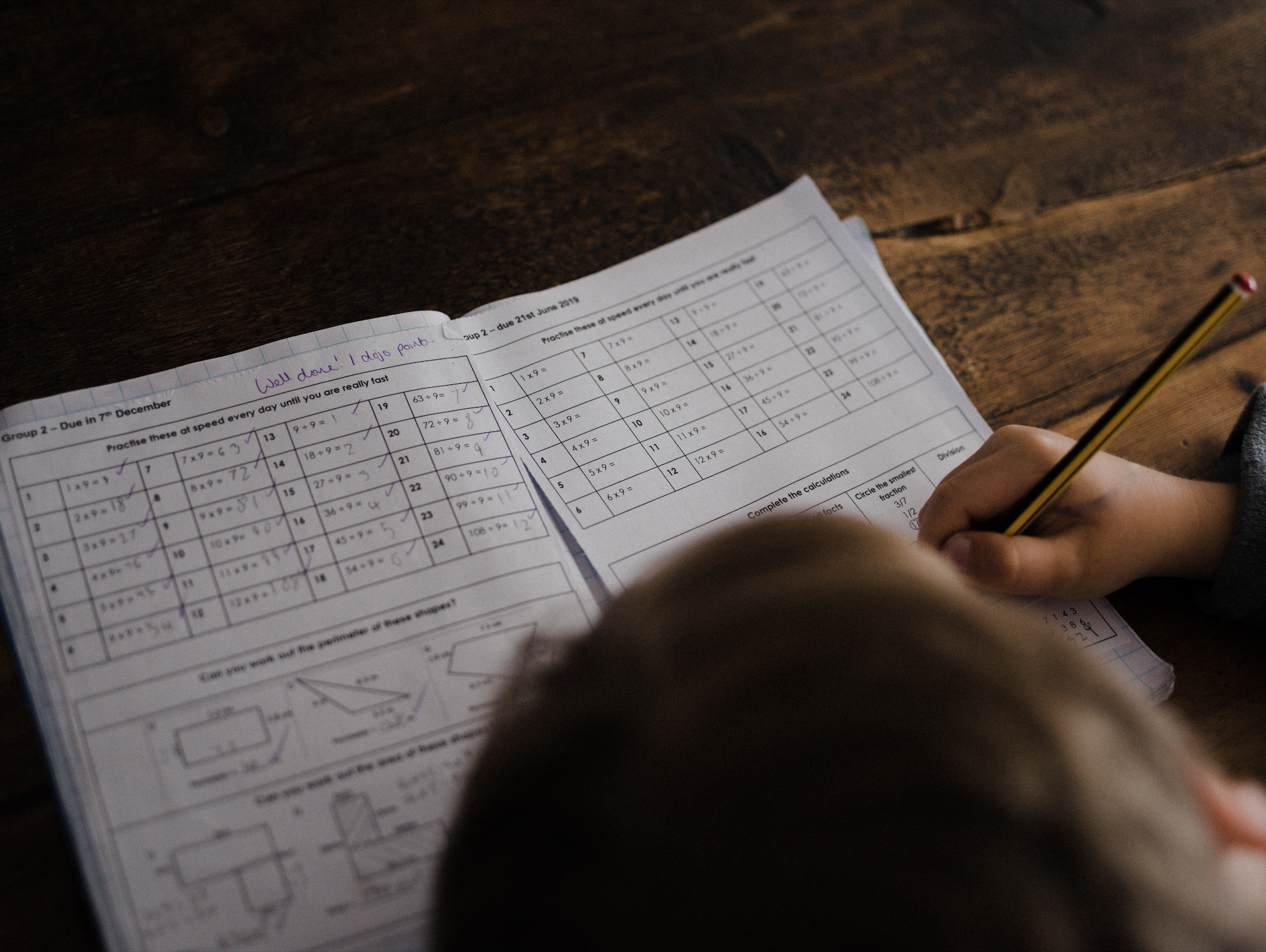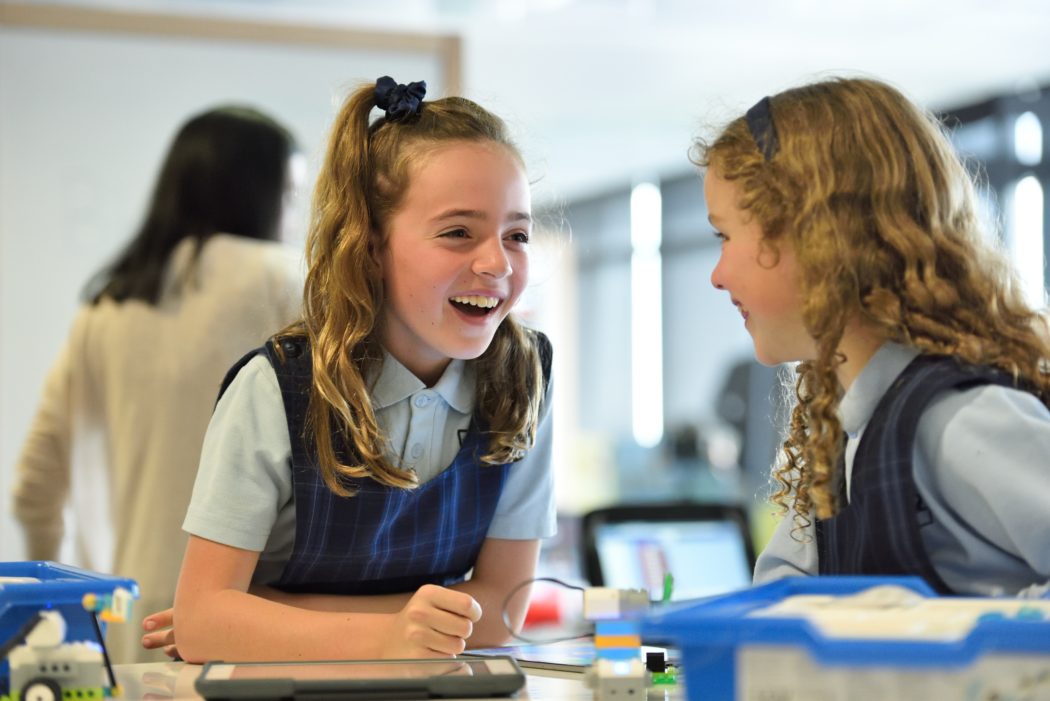Since the conflict broke out in 2015, life for children in Yemen, has been a living hell. Around 2 million children under the age of 5 are suffering from acute malnutrition. To put these numbers into perspective, that is the entirety of Perth’s population.

10.3 million brittle boys and girls don’t have enough food to eat, and half of Yemeni children under the age of 5 are chronically malnourished. Chronic malnutrition has an incredibly important impact on a child’s development. So, the 50 per cent of Yemeni children who are chronically malnourished, will never develop their full intellectual potential.
Whilst these statistics are disturbing to us readers, you can only imagine how frightful, how soul-crushing, how helpless, it must feel to be the mother of a Yemeni child.
These kids have been deprived of their childhoods and a hopeful future. And, the dark reality is, this has worsened due to COVID-19 as they are confined to remnants of their war-torn homes.
The damage and closure of schools has disrupted the children’s access to education. Before COVID-19, 2 million children were out of school. Now, because of the pandemic, the latest statistics from UNICEF have found an additional 5 million children are out of school.

Sadly, the education of these children is the smallest of their problems. Five years of war has exhausted the country’s health system. Many of Yemen’s medical facilities have been destroyed and the country is inadequate to cope with a pandemic.
Alongside a lack of medicine, equipment, and medics, coronavirus has essentially caused Yemen’s health system to collapse.
As the pandemic ravages through the country, the Yemeni people have reached breaking point.
Poverty levels are deepening and putting financial strain on families. The United Nations (U.N) have reported that parents of these fragile children are now resorting to “harmful coping mechanisms,” like begging, child labor, and marrying off their young daughters to survive.
Young Yemeni girls, if weren’t already, are now the most vulnerable, frail, and helpless they’ve ever been.
Worldwide, around 12 million girls under the age of 18 are estimated to be married off every year. That works out to be nearly one girl every three seconds.
Already seen to be happening in Yemen, a recent U.N report predicts the pandemic has put an additional 4 million girls at risk of child marriage.
And, when you think the horrendous conditions for these innocent girls couldn’t get any worse, they do.
86% of mothers in Yemen believe that female gentile mutilation is a purifying and cleansing practice and is closely tied with their religious and cultural beliefs. With almost every health care facility closing and the ones that are still open being overpopulated by coronavirus and war-stricken victims, the infection rate, as a direct result of this practice, on these baby girls, is expected to sky-rocket.
 The U.N appealed to the international community $2.4 billion to help the suffering of the Yemen people who are being hit harder than any other civilians in the world by the pandemic. On June 2, manly Arab and Western countries pledged $1.35 billion toward aid. This is far less than what is needed to give these people a chance at survival.
The U.N appealed to the international community $2.4 billion to help the suffering of the Yemen people who are being hit harder than any other civilians in the world by the pandemic. On June 2, manly Arab and Western countries pledged $1.35 billion toward aid. This is far less than what is needed to give these people a chance at survival.
Yemen is in the middle of a war, suffering the world’s worst humanitarian crisis, and the coronavirus is sucking the breath and freedom out of the life of malnourished children who don’t have the choice or immune system to fight it.
These conditions are gut-wrenching.
The suffering of these girls and boys is nothing short of devastating.
And, it is worsening with every minute that passes.
If you would like to donate directly to help save the lives of these kids, please do so here https://support.savethechildren.org/site/Donation2?df_id=2521&2521.donation=form1








































